Come and say hi!
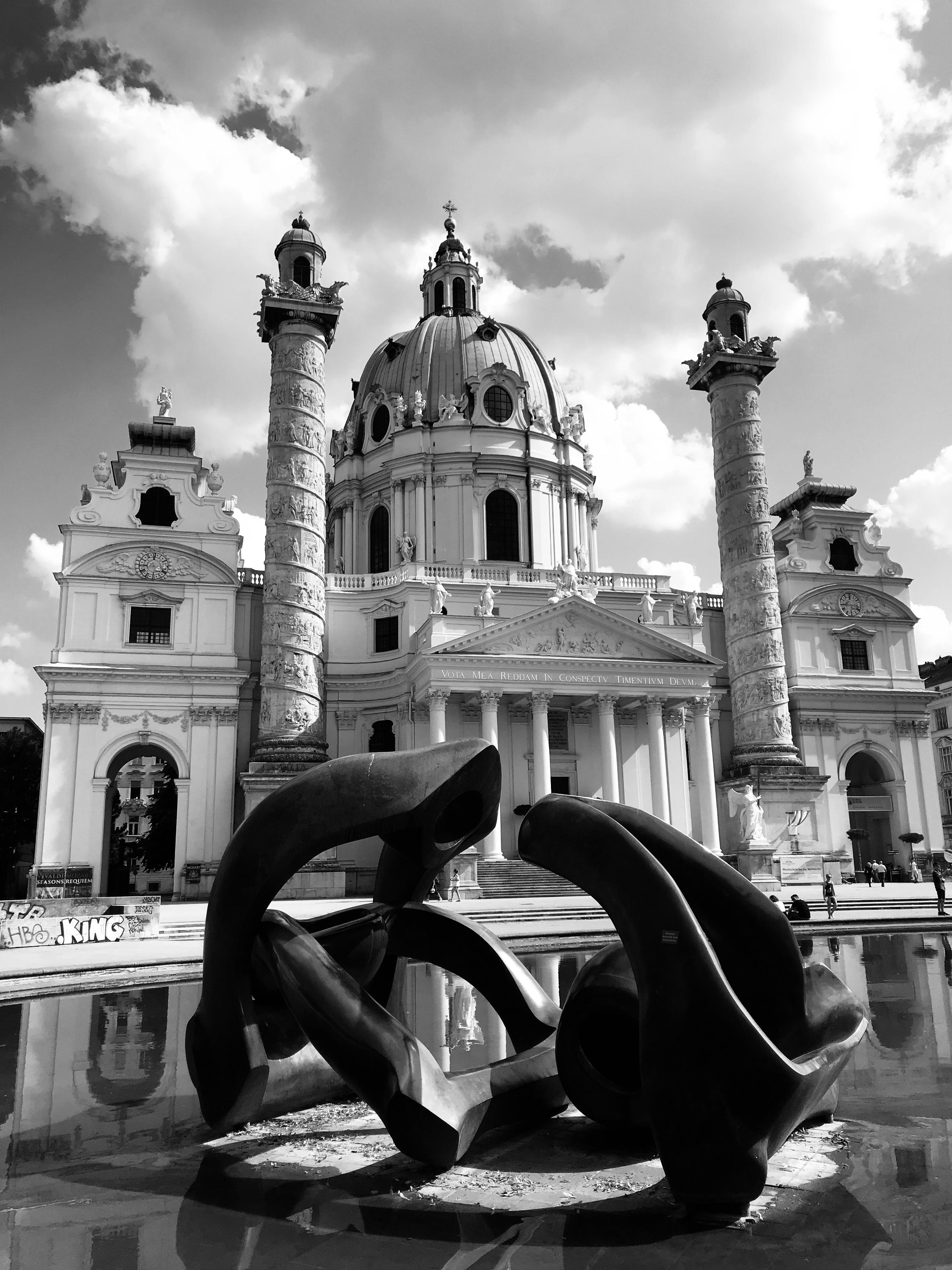
Wine with the Linguist
Monday 1st October 5 - 7pm
Guild Street Kitchen


Wine with the Linguist
Monday 1st October 5 - 7pm
Guild Street Kitchen



Chair
Emily Darby
Secretary
Imogen Burgoyne
Treasurer
Charlotte Lau
Social & Publicity
Kirsten Kitchener
Creative Designer
Fiona Milena
Kozlowska
Proof-Readers
Shade
Owomoyela
& Kate Ezard
Current Affairs
Michael Curzon
Travel
Megan Nicholls
Culture
Maria Allon
Food & Drink
Flick Hemming
Life & Style
Alex Jo Brown
French
Holly Hunt
Spanish
Rebekah
Quixano
Henriques
German
Lily King
Italian
Flick Hemming
Catalan
Cecilia Hallpike
Russian
Robert Miller
Chinese
Charlotte Lau
Portuguese
Isabel Baldwin
foreign vocabulary we can use before premium subscription (I’m sorry – no more bad Brexit jokes, I promise). In this entirely English edition, we wanted to give you an idea of the type of articles we usually write and to help you get to know our fantastic team, without having to reach for several dictionaries.
Dear Readers, Hello and a very warm welcome to the 28th Issue of The Linguist, and to this very special Meet the Team edition, in which I hope you will enjoy getting to know everyone here on the Linguist team. We have been working hard over the summer to put together an exclusive compilation of pieces by our lovely editorial and committee team.
If you are new here then, welcome, and if you are a frequent reader, then welcome back! We are proud to be the only publication at the University of Birmingham to use the linguistic talent amongst our student community to bring such a diverse array of topics and writing styles into one place.
If you haven’t already skipped ahead for a sneak peek, you might be wondering why there seems to be a disconcerting absence of languages in this edition of the languages-based magazine. Don’t worry, Brexit hasn’t imposed a limit on the amount of
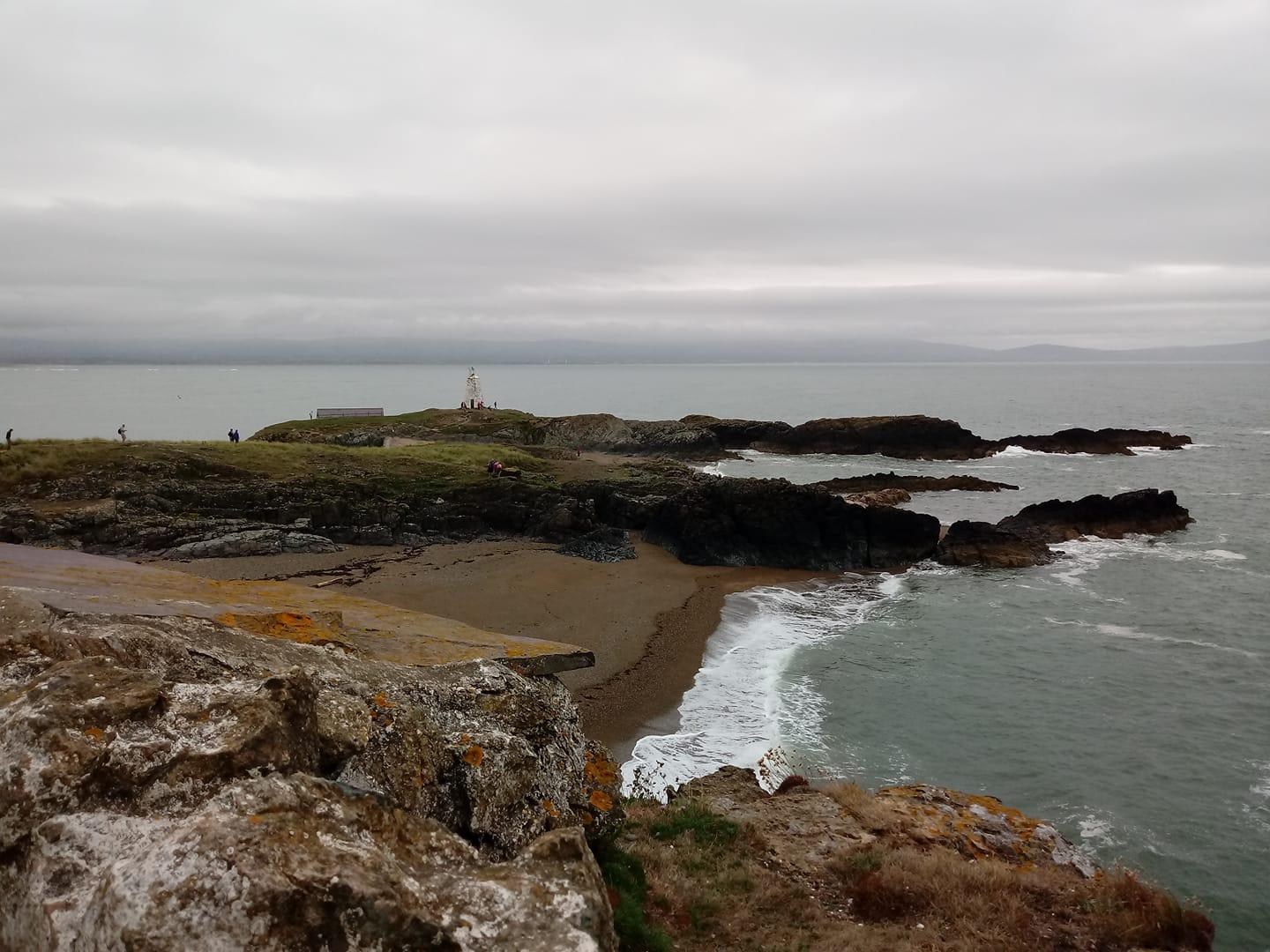
theuoblinguist.co.uk

You can write for us whether you are fluent or a beginner! To put your mind at ease, we have proof-readers, all of whom are native speakers in each language, who will check over your work and make sure it’s all grammatically correct, so that you can let your creative juices flow without worrying about whether you used the imperfect subjunctive right; I mean, does anybody ever REALLY know?!
But if you don’t speak a language and that joke just went over your head, we also have five sections that are written in English! While we firmly believe that the Linguist allows you to gain valuable skills that can make you stand out on your CV, you don’t have to want to be a writer to get involved: it’s just a great way to be creative and meet new, interesting people. We are currently proud to have French, Spanish, Catalan, Italian, Portuguese, German, Russian, Ukrainian and Bulgarian sections, but if you speak a language we haven’t included, please get in contact with us, as we are always looking for more languages!
[continues on page 3]
Featured Photos:
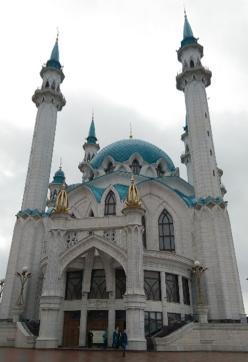

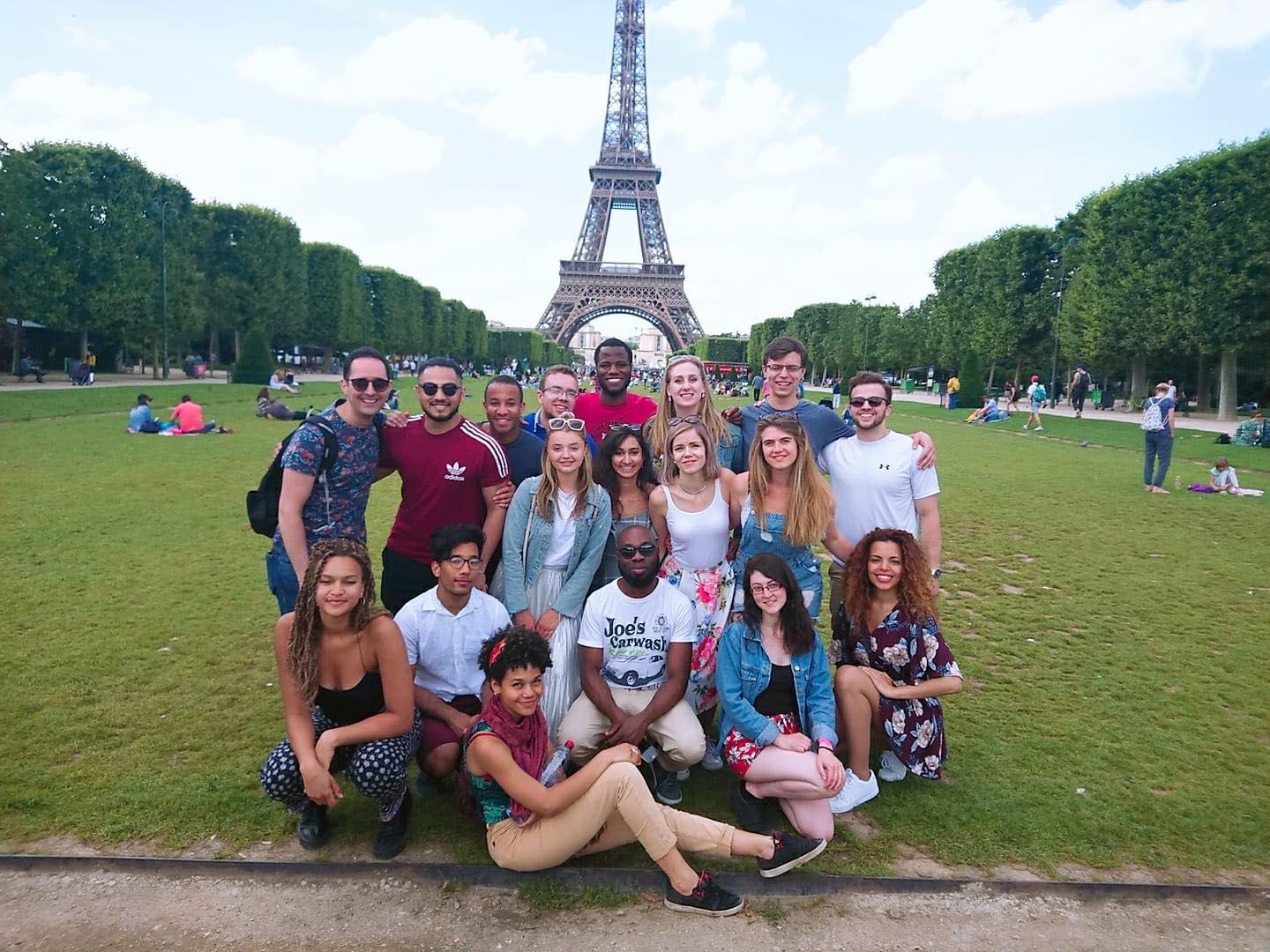




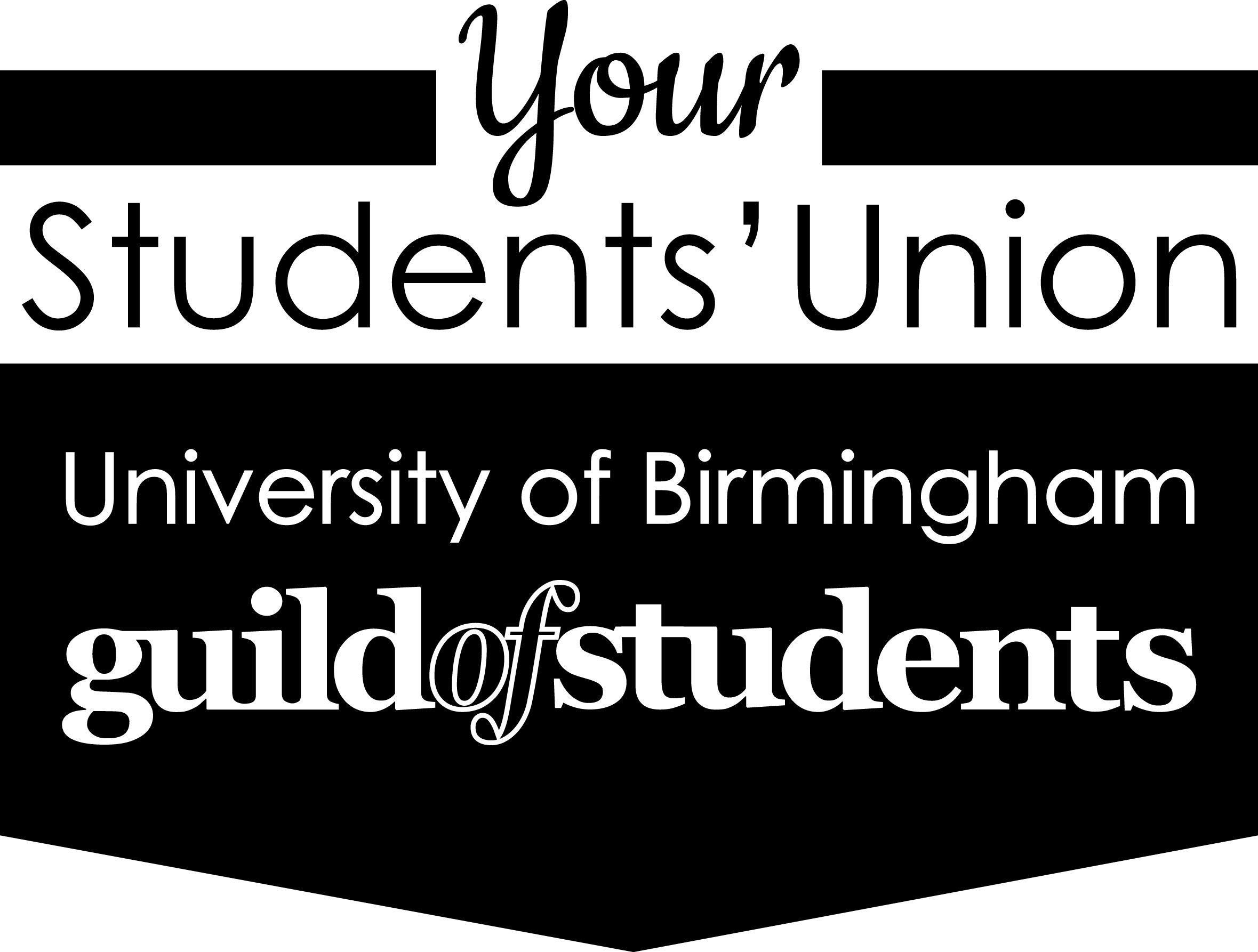

As Chair of the Linguist Magazine
2018/19, I am delighted to write to you for the first time as Chair of a society so close to my heart. I am a Final Year Modern Languages student and I have just come back from my Year Abroad in Aixen-Provence, France and Granada, in the south of Spain. I have written and held an editing position for the Linguist for over 2 years now. The Linguist is a society that means a lot to me as it gives so many young writers and linguists a fantastic opportunity to showcase their skills and immerse themselves in the languages community. As an aspiring writer and Modern Languages student, I am incredibly excited and grateful to be part of such a talented team of writers, editors and committee members, ahead of a jam-packed social calendar full of Linguist and cross-over events as well as another year of monthly publications of our languages-based magazine, that won the Global Impact Award at the Guild Awards this year.



You may be reading this and thinking that you’d like to get involved but you don’t know how you’d even begin. Well, I was in your position just three years ago, but I submitted an article in Spanish, then in French, then in Spanish again… A year later I became editor of the Spanish section and then French and Spanish editor. I am now honoured to be Chair, which means a lot to me as someone who is
passionate about pursuing a career in writing, I really thought I wouldn’t go any further than that terrible first Spanish article on bullfighting. So who knows, in a few years you could be writing this, so why not get involved?!
I hope you will join us on Monday, 1st October at the Guild Street Kitchen from 5-7pm to meet us all in person at our Come Wine with the Linguist event. Yes, there’s free wine – now I’ve got your attention, come along and meet us and get your article ideas in early for the first multi-lingual edition of the term or even to find out what we’re about; we’re not going to make you sign a contract or anything, I promise. I look forward to seeing you all very soon!
-Emily Darby, The ChairFollowing an unforgettable year of travel and immersion in foreign languages, I feel like my eyes have been widened to the concept of ‘culture’ in its various forms. A term often used by travellers and adventurers, my experiences this year produced a greater insight into the multi-level concept of ‘culture’.
Culture is by definition a collective phenomenon, built up over years by the shared traditions and customs of a society. This shared heritage includes not only the arts, cuisine, and architecture, but also history, activities and infrastructure, all of which contribute to an ever-evolving culture.
My year abroad has given me an insiders view into Russia, China, Austria and France, each country offering evidence of a rich heritage and history that has formed them into the fascinating nations we can visit today.



Food and drink spans not only the cuisine section of ‘culture’ but also provides an insight into politics and history, for instance with the popularity of delicious Georgian food in Moscow. Cuisine also lends itself to stepping out of your comfort zone and engaging with local dishes which may not naturally appeal to the palate, such as cockroaches on sticks at Beijing’s Snack Street.
To feel a part of the culture and pride of a country, I experienced first-hand the importance of getting involved in activities that are so important to locals. For me this included spectating at an ice hockey match in Moscow and learning the beautiful art of the Viennese Waltz in Vienna.
It is of course impossible to understand the aspects of a country’s culture without first understanding its history and the long-
term impacts on the contemporary country. A trip to Kaliningrad, a Russian enclave between Poland and Lithuania, was an interesting insight into the redistribution of land during and following the Second World War. Visitors to Prague can confront the horrific realities of the Second World War in its streets where ‘Stolpersteine’ and the church site of the massacre following Operation Anthropoid teach more about the city’s past.
Infrastructure and the realities of daily life in a city also form part of what I regard as ‘culture’; for instance, the stunning metro city in Moscow which is given the nickname ‘the People’s Palace’. The metro stations are beyond belief, full of bronze statues, stained glass, mosaics and marble, and each station portrays its own character and are masterpieces of art and architecture, whilst playing a key role in workers’ daily commute.
Perhaps the most obvious and also crucial aspect of ‘culture’ are the arts in all their various forms. From the ballet at the Kremlin Palace, opera in the Vienna Staatsoper, classical concerts in Prague’s Smetana Hall, or even further to an incredible performance of Romeo & Juliet on ice performed by Russian Olympic champions, travelling provides us with the opportunity to marvel at the talent and prestige of incredible artists around the world.
For me, my own sentimental memories of time spent in a nation plays a key role as well, and this was more real than ever as we rented out our own dacha in a small village covered in thick fresh snow, where horse drawn sleds were the only ‘taxis’ and men would sit on frozen lakes and fish. In France, it has to be evenings soaking in the glowing sun on the bank of the Loire, where students from around the world gather to share their own culture with each other.
Culture is an ever-evolving concept, which we as linguists and travellers get a privileged insight into every time we immerse ourselves in the society of a foreign country.
 Treasurer & Chinese Editor
Treasurer & Chinese Editor
Being an international student, I treasure the opportunities of exploring the outside world. Before the summer break, I went to the Netherland’s capital –Amsterdam. It is a very beautiful city consisting of unique features. Tourist spots such as The Red Light District, Kinderdijk, as well as the Heineken Experience filled up my 4day journey. However, the most impressive place in Amsterdam is the Red Light District for sure. The majority of people will have heard about Amsterdam’s Red Light District well before their visit - including me! Living in a traditional country for around 20 years, I was unable to react at that moment when I stepped into the Red Light Area. The whole place was bustling with local people and visitors, with many shops and clubs surrounding the whole area, and plenty of girls in windows seducing passing pedestrians,. When my friend knew that I was visiting The Red Light District, she kindly reminded me not to take pictures of the prostitutes as this is disrespectful to them; therefore throughout the whole walk, I was too scared to take out my camera, just to avoid it being thrown into the canal by the assistants of the prostitutes. Although the Red Light journey was only around a few hours, I was attracted by the unique culture in Amsterdam. I realized the cultural difference between countries and understood the importance of respecting all cultures around the world. This was such an unforgettable trip to me and definitely a once-in-a-lifetime experience.
Sharing my travelling experience with you all is my pleasure; however, I would love to read more! Being the editor of the Chinese section this year, I sincerely encourage everyone to join us by writing articles and sharing your ideas to all readers; you are more than
welcome to write in Chinese! It doesn’t matter whether the article is about travelling, food, or university life – it is you to make the decision on what to write about. If you are interested in Chinese culture, whether you have or haven’t been to China, Hong Kong or the Far East, you may also share your experiences and feelings by writing an article in English. Don’t hesitate! You can always be the next writer for the UoB Linguist Magazine.
If you have any questions about the Chinese section, feel free to contact me! Even if you are not sure what to write about, you may contact me and we can figure out possible topics!
Facebook Group: The UoB Linguist Magazine 2018-19Chinese
Personal Facebook:
Charlotte Lau
Email:
HXL586@student.bham.ac.uk
Never ever stop writing. Writing is always a way to express your feelings.The Red Light District, Amsterdam, The Netherlands
I’m Kirsten - your new publicity and social officer this year, keeping you up-todate and clued in on everything Linguist! At Birmingham, I study Russian and German, and I had the pleasure of spending my year abroad in two beautiful places – winter in Moscow and summer in Vienna! Year abroad has given me great experiences and one of the most important things it has taught me is to take full advantage of where you are, whether it be exploring locally or travelling further afield. I know I shouldn’t have favourites…but, inspired by this year’s World Cup events, I thought I’d share just a little bit about my time in Russia. Motivated by making the most of a costly visa (and great company, of course!), myself and a few others decided to treat ourselves to some city breaks. With our reading week fast approaching and late passport returns, we had 3 days’ worth of planning to sort our trip to 3 destination cities, with 2 overnight trains and 1 flight!
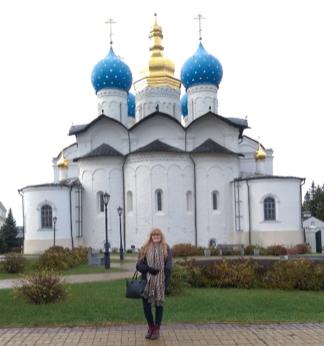

Our first stop was the rather beautiful, albeit extremely cold, Yekaterinburg. Being the furthest destination on our mini tour of Russia, the city lies to the east of the Ural Mountains and, for those Russian history buffs amongst you, it has quite a significant place in the Romanov’s tragic story. The Church on the Blood (of all Saints) was built on the execution site of the imperial family, after the fall of the Soviet Union. We visited the church on our first day in Yekaterinburg and, seeing the golden domes shining in the winter sun, you can get just a sense of its importance to the Russian people. Even as you step inside, the intricacy of the epitaphs and the warm low lighting make the perfect setting to memorialize the family as saints.
Having had our fair share of horrible history, we ascended the Visotsky business tower


to look at all that Yekaterinburg had to o ff er. Viewing the frozen city from above was the perfect ending to our time there, before we headed to the station to catch our 13-hour overnight train to Kazan!

Stop number two on our journey was the capital of the Republic of Tatarstan in Russia. Located in the Volga district, Kazan is a place where different cultures meet, and the city’s Kremlin is a prime example. Looking onto the Volga river below, as you walk around the Kremlin, you first come to the Qolşärif mosque which is now mainly a museum of Islam. The mosque is unmissable with its stunning blue and gold detailed exterior and, just around the corner, is the Russian Orthodox Annunciation cathedral. We had time for one last meal in a traditional Tatar restaurant and the next day, we prepared for our second overnight train.
Before heading back to Moscow, our final destination was Nizhny Novgorod. Just a short walk away from our Airbnb, through a souvenir-filled street, the city’s Kremlin sat on the hill as the historic centre. The Kremlin’s distinct towers stand as entrances for the public and one also doubles up as a museum about local history. After stumbling across a mini festival, including a band that did some surprisingly good classic covers, we decided to take a walk along to a cable car which took us across the river showing beautiful views of the sunset.
Bonjour! Guten Tag! Hola! I’m Kate, and, if you haven’t already guessed, I study French, German and Spanish at the lovely University of Birmingham, and am delighted to be on the Linguist’s committee this year as a proof-reader. Having already completed two years of studies, I am about to embark on the all-famous year abroad, which I will spend studying in: Montreal, Canada; Cadiz, Spain; and Berlin, Germany. In the future, I hope to pursue a multi-lingual, multi-national career in publishing and translation.
As a language student, I am passionate about travelling and meeting and experiencing as many new people and cultures as possible, which is exactly what I’ve been doing this summer. I’ve spent the last 2 months in Montreal – Canada’s cultural juggernaut – which is an absolute haven for a languages student. Formerly under the rule of French and British powers, this unique city has evolved into an animated bilingual metropolis; the huge influx of emigrants from all corners of the planet have also added their cultures and languages to the social tissue, which the city duly embraces and celebrates with numerous cultural festivals throughout the year.
I’d like to take this opportunity to share with you below a few interesting facts about Montreal:
It is located on an island in the Saint Lawrence River in the east of Canada.
With a population of 1.7 million people, Montreal is the biggest city in the Canadian province of Quebec, and the second biggest in Canada after Toronto.
Montreal has the highest number of restaurants per capita in Canada, and the 2nd in North America, after New York.
The most popular local dish is poutine, which consists of chips, cheese curds, and gravy – a strange combination but it really works! (There is even a summer festival –‘PoutineFest’ – which celebrates this dish!)
The Montreal flag has 5 symbols: the cross represents Christian values; the fleur-de-lis the French influence in the city; the shamrock the Irish influence; the thistle the Scottish influence; the rose the English influence; the white pine the ancestral presence of indigenous people in Montreal.
Montreal hosts numerous festivals and concerts throughout the year, including the world’s largest jazz, music, comedy and fireworks competitions.
Montreal was named after the hill in the heart of the city –Mount Royal.
The vast slopes of Mount Vesuvius overlooking the Bay of Naples. The great domes of Saint Basil's Cathedral in Moscow. These are among the images which fill my head when I think about the world around us. Not having had the chance to actually visit these landmarks myself, the images of these sights are purely restricted to my mind!
The reason for this is as follows: my experience of travel is, unfortunately, rather limited. This limit is due not only to a lack of travel, but also to the fact that most of which I have undertaken occurred in my formative years when, despite supposed development of the mind, I paid less attention to history and culture than I do now.
Had I, for example, visited Slovakia at the age of eighteen, I would likely have taken a great interest in the many unique churches and castles that can be found there, within which lie beautiful traces of architecture from a bygone era, as well as signs of how others lived before us. Having, on the other hand, visited at the age of around thirteen, I took more of an interest in the variety of ice-cream flavours on offer.
Where I lack in experience of travel, I have attempted to enrich my understanding of other nation’s peoples by engaging in their art (namely their literature). This is, after all, a relief from the far-too-often tedious state of current affairs!
For example, author Émile Zola’s pleasureto-read delineationsalbeit among backdrops of alcoholism and gossip - of Nineteenth Century French art galleries, food markets and mining villages in such works as L’Assommoir, The Belly of Paris and Germinal (all of which I thoroughly recommend) have, I believe, truly greatened my understanding and appreciation not only of
French landscapes but of French city and provincial lives, as well as the nation’s culture as a whole.
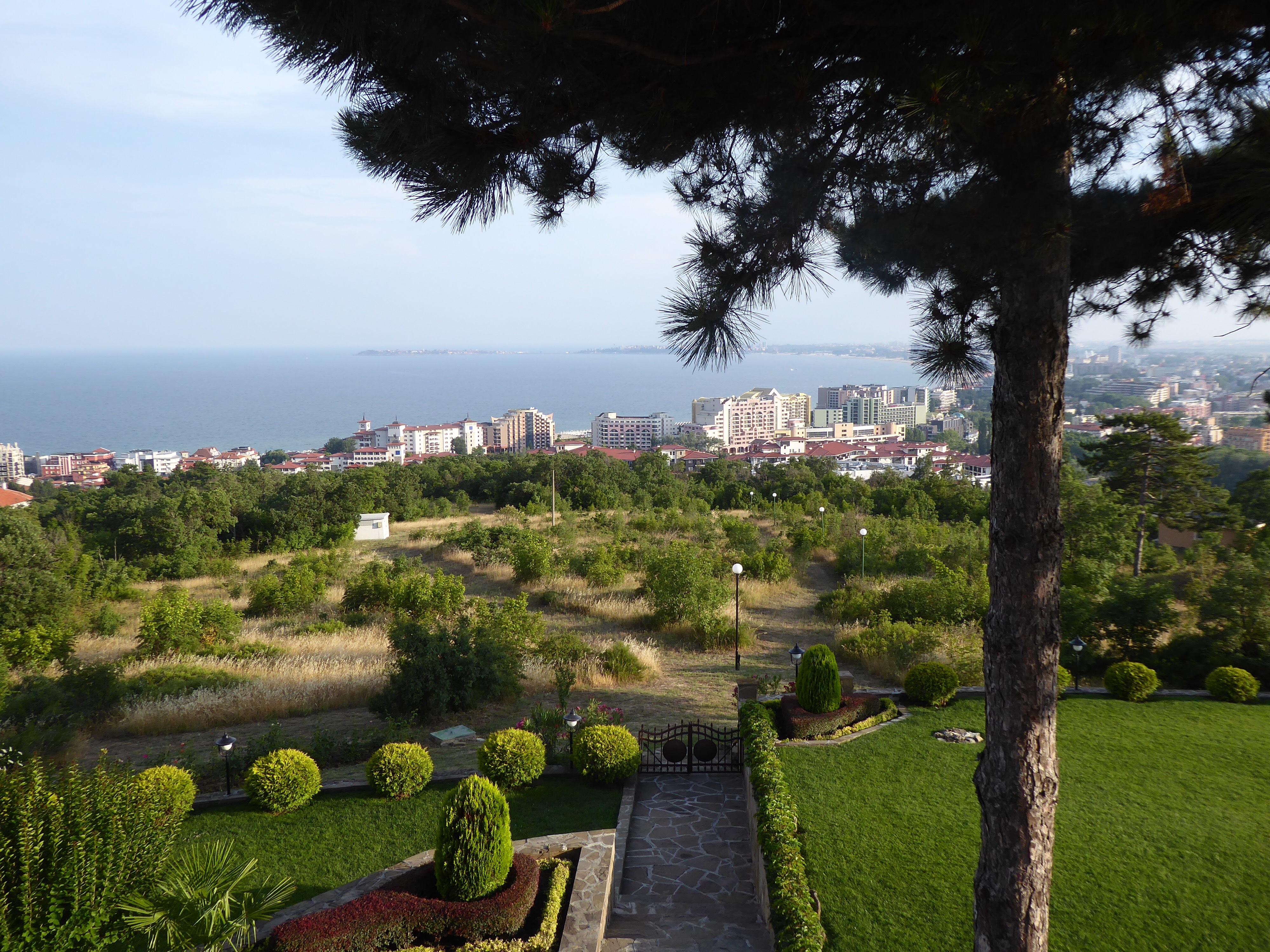
Similarly, Tolstoy’s War and Peace, as well as doing more than any political textbook could to bring light to man’s idealistic nature and to the causes of conflict, paints scenes of Russia’s countrysides and natural frontiers in ways which produce in the reader the feeling of actually walking among said settings, thus proving the worth of literature as a gateway to a further understanding of the world (particularly when one lacks actual travel experience).
Turning again to my own travel history (this won’t take long!), I have enjoyed walking down cobbled streets through the old towns along Bulgaria’s Black Sea coastline; been stunned by the gluttony of the Las Vegas Strip, and, most notably, have been silenced and moved by the scale alone (not to mention watchtowers and barbed-wire fences, extending as far as - indeed further than - the eye can see) of the Auschwitz-Birkenau concentration camp.
I hope to add to my travel experience, whilst continuing to aide my understanding of the world through reading, over the years ahead of me.

Stuttgart as an au-pair during my gap year, so it will be great to visit some new places. I’m then working during my second semester as a Sales Assistant for a chocolatier in Provence, France. Hopefully there will be lots of opportunities to sample the products, as well as improving my languages!

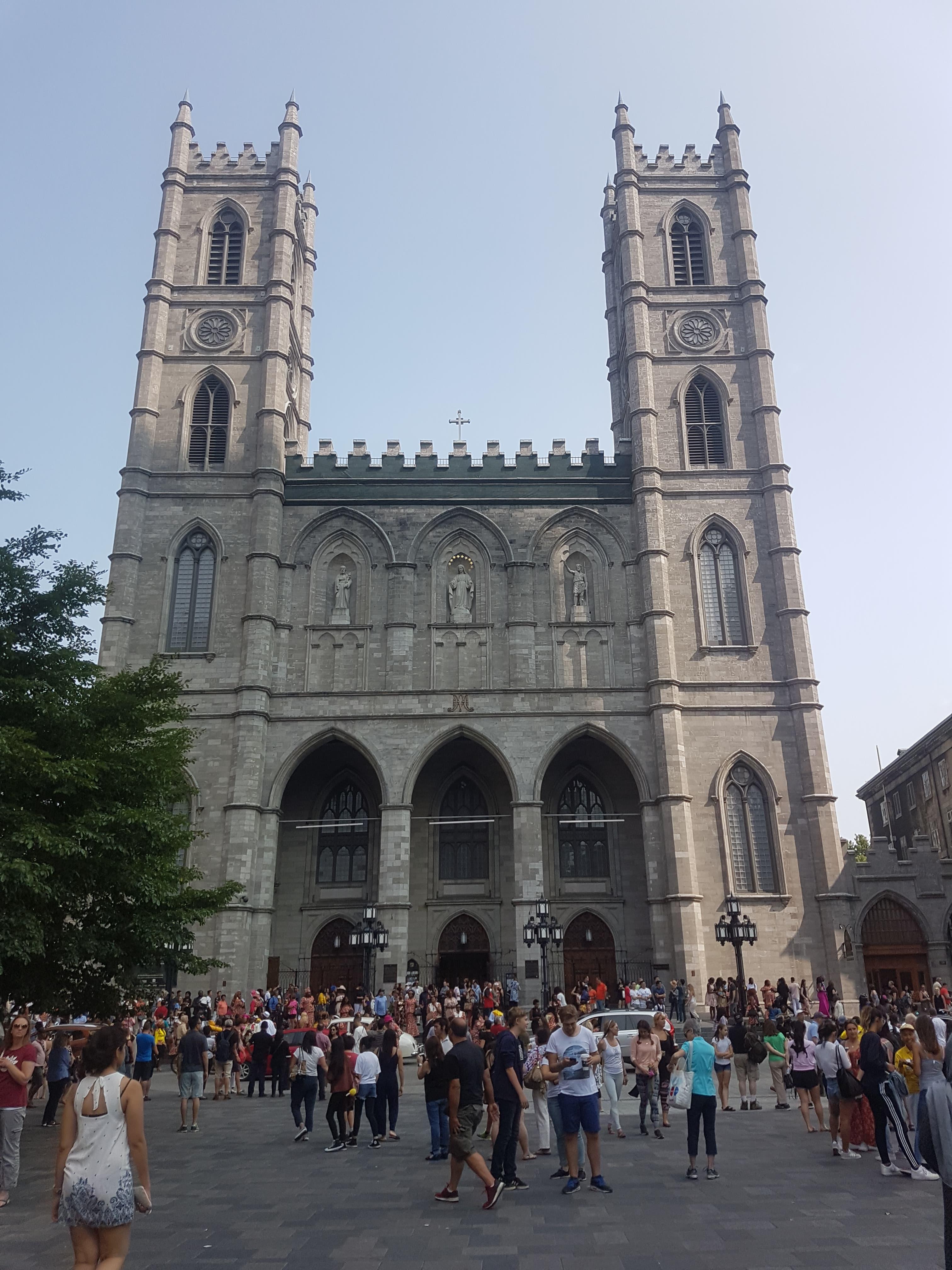
Hi, I’m the travel editor this year and I’m on the first month of my year abroad studying French, German and Business Management. There has been a lot of paperwork and preparation for this year, so I’m really looking forward to living and working in the countries where these foreign languages are spoken. After spending the summer working at a Girl Scout camp in America, I went travelling for a short while in Montreal, Canada and tried to remember some of my French skills! For the first semester, I’m working for the British Council as an English teaching assistant in a high school in Hessen, Germany. I’ve already spent a fair bit of time in Germany, because I worked near
Like most of the magazine editors, I’ve loved travelling for as long as I can remember. I have a long list of places and international friends I can’t wait to visit, as soon as I have more time and/or money! Since I’m spending a year in Europe, I’m hoping to be able to easily travel to new cities and countries during any moment of free time. Iceland is also one place I’d love to travel to in the future, because the Northern Lights look amazing.

I’m really looking forward to my role as travel editor, so I can read about all of your inspirational trips and share them with lots of students at the University of Birmingham.

“Life is a book, and those who do not travel read only one page”
-Saint Augustine
Posingby
Niagara Falls, Canada
Notre-DameBasilica, Montreal, Canada Montreal skyline, Canada

As a self-confessed hoarder, I’ve collected holiday keepsakes since I can remember. From the garish blue Teletubby backpack five-year-old me bought with pocket money in Portugal, to the extensive collection of pencils that lives under my bed back at home, I can’t not bring a memento back from my adventures. That being said, I realised a couple of years ago that this pencil habit was getting a bit crazy, especially when a fancy one from the Colosseum in Rome will set you back about £10 (I wish I was joking!). Inspired by my first solo trip to Bruges aged 18, I discovered that bagging the best memory abroad doesn’t always have to cost more than a meal at the Bristol Pear. Get your pano picture feature ready – here are my top tips for getting the best homemade holiday
Time of day is everything:
Most skyscrapers/clocktowers/cathedrals are pretty relaxed about how long you’re above ground taking in the views. Seeing a city during sunset is guaranteed to make you fall in love with it even more than you already were. Entering about 45 minutes before sunset is prime time to get your day versus night shots. (Side note: The 70th floor of Rockefeller Center, home of THE Home Alone 2 Christmas tree, is not only cheaper than the Empire State, but the view is arguably so much better!).
Student discount:
Who wouldn’t want to save a couple of quid by spending a couple on an International Student Identity (ISIC) card? I did feel a little smug knowing I had saved the equivalent of a plate of patatas bravas to get this snap of Madrid from above.
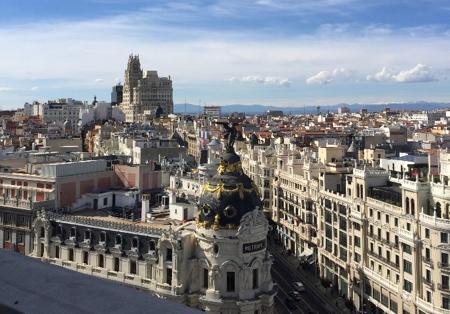
Following the crowds is useful, but so is listening to locals: Though it’s becoming the more favourable pick for the perfect snapshot of the city, more people leave Florence not knowing that the best view of the aweinspiring duomo is completely free from the Piazzale Michelangelo, a 20 minute walk away from the iconic Ponte Vecchio.

Trip Advisor can be your best friend:

If it wasn’t for online travel forums, I never would have found myself up a bell tower in Stockholm during torrential rain (or eating meatballs at the very first IKEA, a.k.a. student paradise).
And if you can’t find a pano from above? One from the ground will do, I suppose.
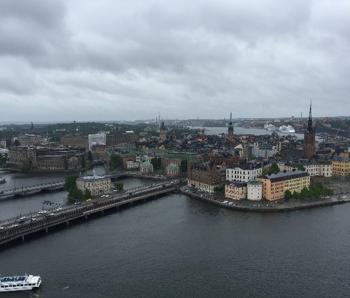
As a French language student, I have of course seen “Le Fabuleux Destin D'Amèlie Poulin” more times than I can count. Fortunately, I love it. So, in the style of Jean Pierre Jeaunet's narration, let me introduce myself as your (very excited) Italian, and Food & Drink section editor.
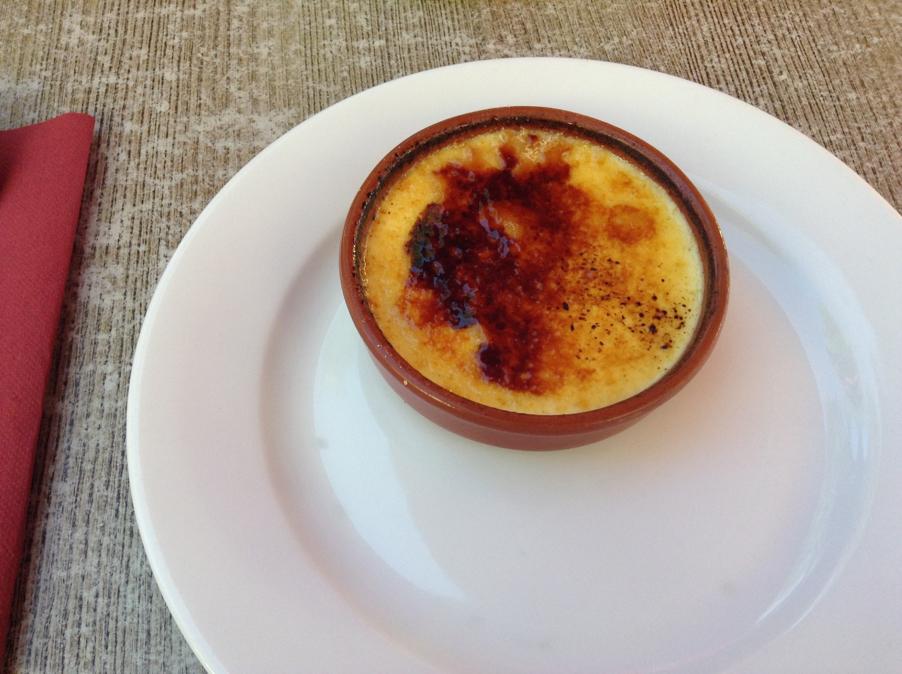
Felicity is a languages student, when she is not studying, she is usually eating lots of tiramisu, learning Italian rap lyrics and throwing her friends around in Jiu Jitsu.
The feeling of not being a tourist that comes from being interactive with locals.
For me, this is something that makes my travel experience that bit more meaningful and satisfactory. As a runner, I love going on early morning jogs around new destinations, getting to know the area, and watching the stunning sunrise. Yet often enough the best part is receiving a friendly ‘’hello’’ from a fellow early-riser, or even just a respectful nod from a stern-looking local gentleman. It gives me such a kick to feel that sense of belonging amongst another culture and place away from home.

power food has, as a common human necessity, to bring people together. My fondest Italian memories tend to involve food: picking home-grown tomatoes with my au-pair family, helping the kids chop them for a salad or make a pasta sauce for dinner.
Rude anglophone tourists. Not just those who think hospitality staff are below them, but who shout in semi-formed sentences, trying to get their way. We native English speakers are lucky enough that our mother tongue is so widely spoken, that we tend to learn foreign languages out of interest rather than necessity, so it’s absolutely fair enough if you only speak one language. However there is no need to treat people like they are stupid; it’s just unhelpful and offensive.
The adventures of trying new things. I love the feeling when you take a risk and order something in a restaurant with a name that you don’t understand - maybe it becomes your new favourite dish, or you discover it is ridiculously slimy and never want to eat it again, but now you can say you’ve tried it! For me it was like the first time I ever tried a Tiramisu (back when I hated coffee) in the Italian lake district or my first time in Paris where my friend urged me to try snails, les escargots!
Being spoken to in English abroad. People tend to switch the moment I make eye contact, even if I start another language. I understand people want to practice their English, or are being be polite, but as a language learner it’s frustrating when you’re trying to practice. I know my accent isn’t perfectly authentic and neither is my grammar, but do I have ENGLISH written all over my forehead?! On the other hand, the victorious moment of successfully navigating your way through a conversation in a foreign language is a fantastic feeling!
Soggy croissants.
Or the dried-out of sandpaper of tasteless cone that dares to be labelled with that sacred French name! What’s even worse is when people have the audacity to pronounce them as ‘’crass-onts’’ (I’m ashamed to say this is the Brits). I may not be French but I can definitely sympathise with their protective feelings towards their beautiful patisserie!
“When food is stops being a duty or a necessity, it flourishes as the art of meeting”

“Quando il cibo smette di essere un dovere o un indifferente necessità fiorisce l'arte dell incontro.”
Hi! I’m Alex and I’m thrilled to say that I’ll be the Life and Style Editor for The Linguist for the coming academic year. I’m a final year Hispanic Studies student and spent last year teaching English in an academy in Seville, Spain. Seville is a beautiful historical city with local character in plentiful supply, and there’s lots to discover in the surrounding provinces of Andalusia. It’s a very special place and if you explore a little further away from the typical tourist traps, you’re bound to find people and places that will surprise you!

The time I spent abroad last year was an incredibly valuable experience for me and has shaped me a little more as a person. Living abroad – even if Spain may not be as far from home as say, Chile –was a daunting prospect for me, and I struggled with bad bouts of anxiety in the run-up to leaving. Whilst finding my feet was not as impossible as I had worked it up to be, I did struggle. It was only as I began to figure out and become accustomed to the patterns of local life that I really hit my stride, making a few local friends who treated me like family from the start and eventually finding things that I loved and enjoyed about the Andalusian way of doing things. This could be something as simple as getting to know the local greengrocer where I would
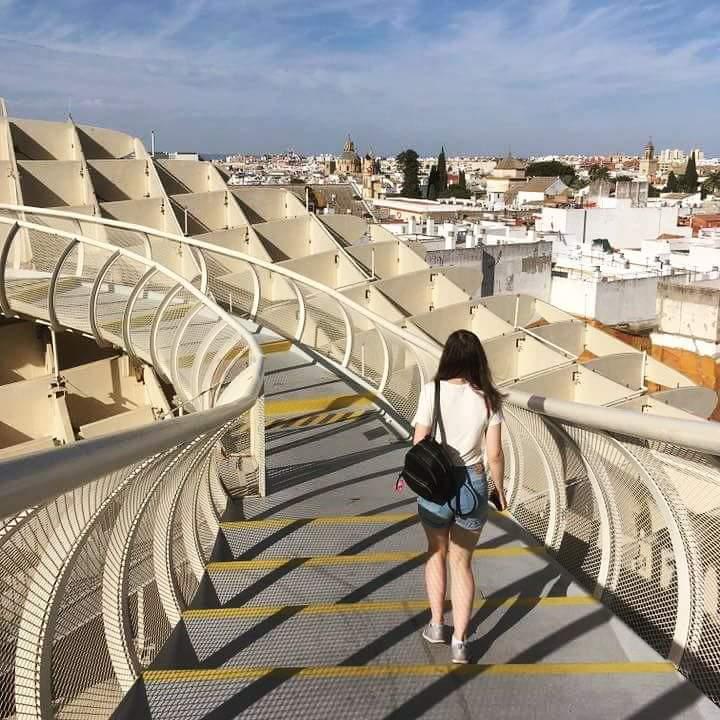

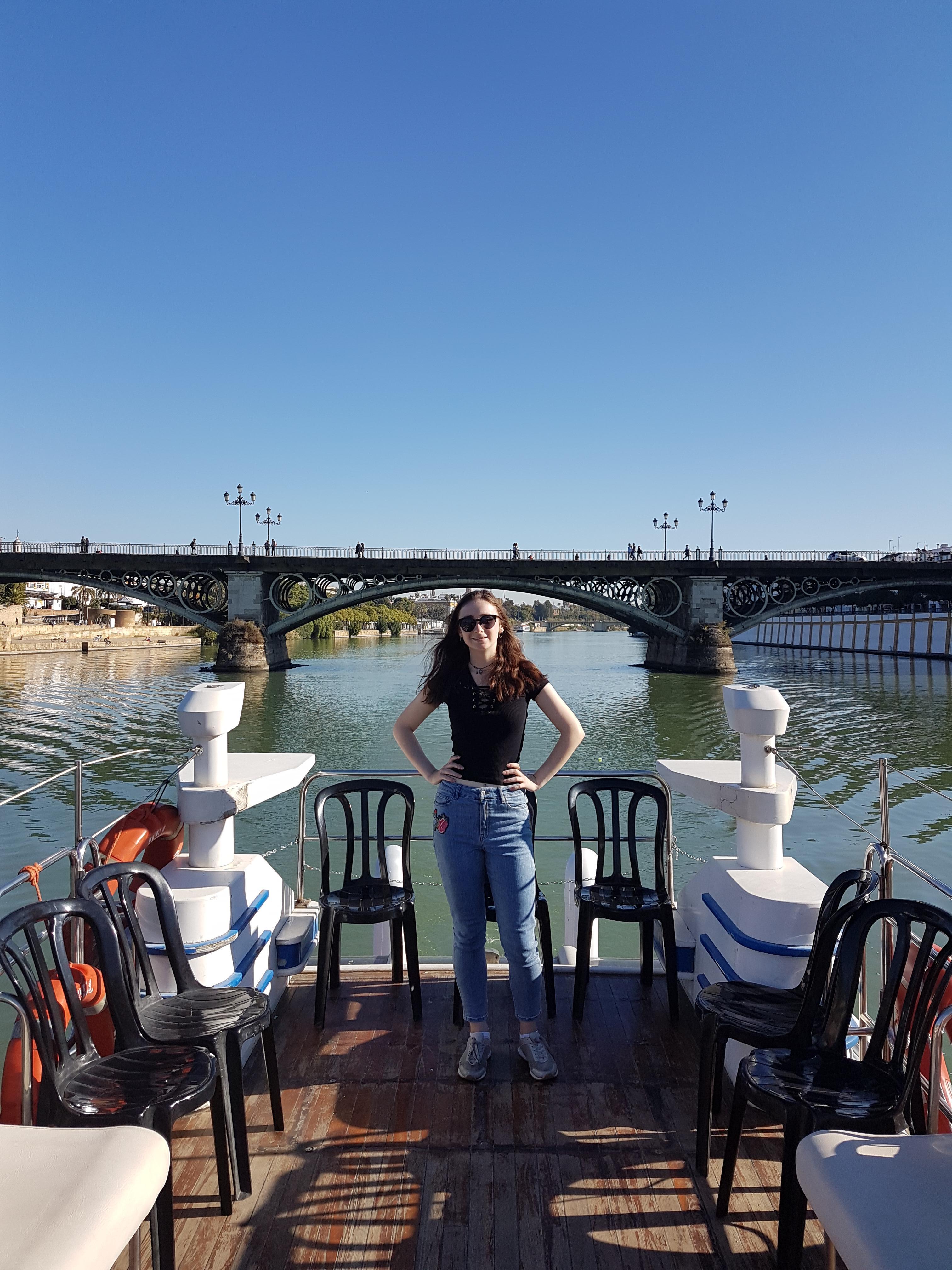
buy fruit each week, or sitting outside to enjoy a coffee for fifteen minutes instead of drinking it on the go.
At risk of sounding stereotypical, socialising and daily activities were more relaxed than I had been used to and in some ways, it all started to change the way I was thinking and perceiving situations. Whereas at the beginning of my year, (as crazy as it sounds to admit), I might have walked down a busy road, heard somebody shouting and immediately assume that this was directed at me. Of course, this was also down to the improvement in my Spanish since I could properly follow what was being said, but the paranoia that had plagued me started to dissipate and I found myself far less apologetic than I have ever been. Maybe the most notable difference was that I lost the inclination to say ‘sorry’ in every circumstance whether I had done something wrong or not!
On a related note, it’s interesting to me that this is reflected in that Spanish, at least in its use in Andalucía, is often far more direct than English. In a cafe, ‘Please could I have’ is reduced to ‘Ponme’ in translation - literally ‘put me’ or ‘give me’. This isn’t rude or abrupt – it’s straight to the point! It really does make you question the relationship between language and culture, and how the language we speak influences the way that we think, or vice versa.
With this hurdle overcome I ended up travelling to places further out including Madrid, Valencia and even Morocco, which you can reach by boat from the Southern tip of Spain. It really ended up being a phenomenal year but it all started out with me discovering and immersing myself in the way that the people lived over there! With that said, I’m so looking forward to being the editor of the Life and Style section to see what kind of experiences other people have had around the world, and how that’s influenced their thinking and world view!
‘Life & Style’ Editor
Surrealist and extravagant artist Salvador Dalí left a legacy like no other. His birthplace of Figueres, in Catalonia, is now home to an extraordinary, whimsical building which houses his most famous and outlandish works. Before visiting, I was told to expect the unexpected, and this summer when I had the opportunity to visit the Dalí Theatre-Museum, I saw why.
Before my trip, the Dalí Theatre-Museum was a place that I had seen in pictures and read about in travel articles but it remained somewhere that I wanted to see for myself. The more I read, the more I was fascinated by Dalí’s ambition to create not just a place to display his creations but a building which was, in itself, a piece of artwork; one that stood as the pinnacle the ultimate creation - that reflected his surrealist outlook on life.
Dalí was a very bold and eccentric man, to the extent that he was once spotted walking his pet anteater through the streets of Paris (really, google it). From the museum’s shocking pink exterior and giant, egg-shaped sculptures lining its roof, to the unique and complex works inside, the building certainly reflects Dalí’s love of the bizarre and unusual. After all, he wanted people to leave ‘with the sensation of having had a theatrical dream.’ Upon entry to the museum, the world’s largest surrealist sculpture -a giant, blue, ‘dripping’ boat - greets visitors in the rustic courtyard, the main focal point of the museum, where gilded mannequins pose in the windows of the surrounding stone walls. From here, spectators are guided through 23 rooms, each showcasing a different idea or theme, including the ‘Mae West’ room in which a 3D installation of quirky furniture depicts the face of the American film star.
In addition to the main gallery, Dalí’s collection of intricate and one-of-a-kind jewels is displayed alongside his preparatory sketches in a separate exhibition. Famous pieces include a melting clock bracelet, an eye-shaped clock brooch and a mechanically beating heart made from rubies and gold. My personal favourite was ‘The Space Elephant’ - an 18-karat gold, long-legged elephant with an oversized blue crystal on its back (as you do).
Avant-garde and unparalleled as a gallery in its day, Dalí’s museum remains an exceptional display of surrealist art. His desire to express the unconscious comes across in pieces that invite questions and curiosity. This exhibition of complete obscurity and unpredictability means that visitors are free to interpret the pieces and their meanings themselves, following Dalí’s desire to make the spectator the ‘final artist.’
As one of five buildings worldwide to exhibit his works, the theatre-museum not only represents Dalí artistically but also physically, as he is buried in a crypt below the museum. The Empordà region of Spain, of which Figueres is the capital city, was clearly very important to Dalí as he wrote that he wanted to ‘make the Empordà region a universal place through the Dalí Theatre-Museum.’ Although his work can be other-worldly and escapist, the settings and landscapes in many of his paintings convey Dalí’s sense of belonging and his love for Catalonia which he deemed his ‘permanent inspiration.’
Dalí communicates something different to every person that views his work. Although he was born in Figueres and spoke Catalan, the raw human nature of his art needs no translation.
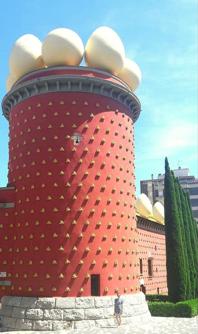
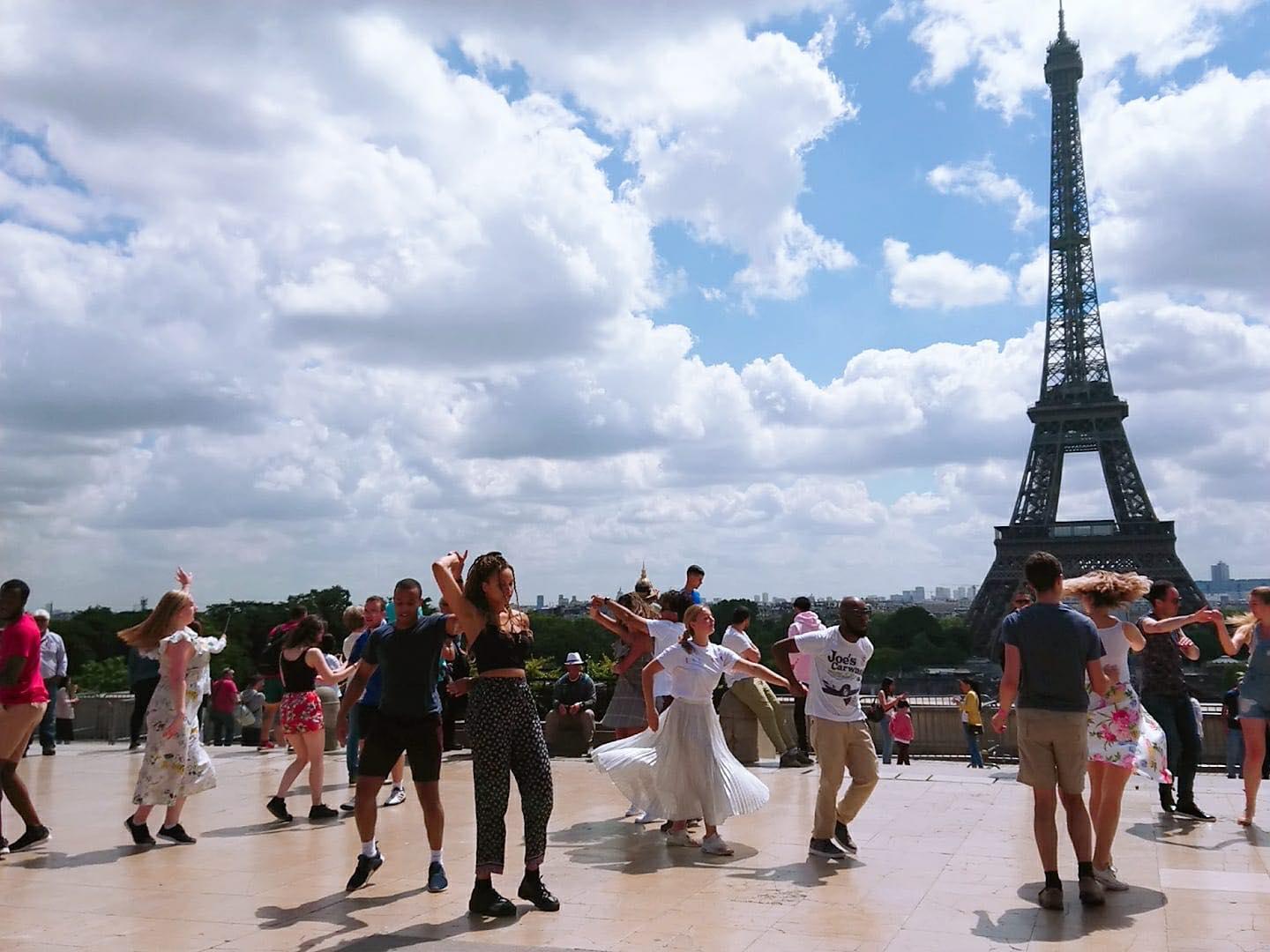
It’s hard to compare salsa dancing in front of the Tour Eiffel with the average night out on Broad Street… France is not a destination traditionally associated with the bachata tunes of Despacito, yet it surprisingly hosts a thriving community of skilled dancers. Broken down into three nights of partying with Dance Club Latino (another UoB society), we’ll explore how Parisians embrace this Latino tradition.
On our first night 18 of us headed to La Pachanga on Rue Vandamme, determined to bust out our moves as soon as possible and experience the French salsa scene. After having trouble with the surprisingly strict dress code, at a bank-breaking entered the club. Unlike the clubs on Broad Street, which have long queues at the bars and every seat filled, the seats in this club were practically empty all night and queues remained non-existent as most people were not only up on their feet the whole night, but also completely sober. The Parisian salsa and bachata scene involves grabbing the arms of a stranger and fearlessly dancing on your feet all night long. In fact, they showed no signs of stopping as we shamefully left after a mere three hours of dancing.
Night Two was the reason we came to Paris: the DJ Mulato’s Sal’sounds 70s party at Intensive Dance. As a large group we struggled to make the 9pm class before the social and quickly realised what a mistake we’d made. Unbeknown to us, we had entered the world of Salsa On2. None of us had ever salsa danced whilst counting the beat in this way. Even our dance teacher was feeling a little intimidated as salsa YouTube stars could be spotted in the crowd. We were in awe at everyone's ability and every person
we danced with taught us something new. Most intriguingly, we were surprised to discover how dancing allowed us to communicate with French speakers, despite not speaking a word of the language. We made it to the end of the night, shattered and still open-mouthed at the sheer skill and talent of Parisian salseros. Whilst we all knew we’d need to work harder to reach their level, we were proud to have experienced this distinguished and thriving gem of Parisian society.
On our final night we decided to let our hair down and go to our hostel’s club downstairs where they played music which was more akin to Snobs or Pryzm. We were able to bust a few moves when Despacito came on, filling us with pride as the whole club stared at us in awe. It was comforting to know even our basic salsa and bachata moves could impress in some crowds, yet undeniably we were in a completely erent world from the previous
It was incredibly eye-opening getting involved in such a diverse and exciting community in Paris. Whatever form of dance you’re into, Hispanic or not, give it a go the next time you’re abroad. Dance not only provides a unique insight into global cultures but also creates opportunities for discovering unusual parts of cities and making new friends. Involve yourself in this often-overlooked aspect of the country’s culture to make your trip truly memorable.


Hallo! I’m Lily, a 3rd year economics with German student. I am really pleased to be this year’s German editor and can’t wait to get as many people as possible involved. Whether you are a German student, study German through Languages for All, studied German at school, or are a native German speaker, writing an article is a perfect way to practice your German!
I am currently getting ready to embark on my year abroad to Berlin, where I will be studying economics at Freie Universität Berlin. Having heard so many amazing experiences from other peoples’ years abroad, I am extremely excited, but I also can’t help but feel apprehensive about stepping into the unknown!

In summer 2017 I spent a truly unforgettable month in the German city of Aachen, studying business German as part of a German summer course. I gained so much from the course, including learning how to write professional emails in German, gaining an understanding of the typical business structures in Germany and leading presentations about German business news to a large group, all of which would be hugely beneficial in any business context, particularly those in Germany. While in Aachen I lived in a Wohngemeinschaft (much like the accommodation at UoB) with 7 other students, most of whom were also taking a summer course. With all of us coming from different countries across the globe, the only common language was German. This was challenging at first, but I quickly found that my German was improving at a rapid rate.


give it an old feel, while its large student population from the Fachhochschule Aachen certainly bring it to life at night! In the city centre lies the gorgeous Aachener Dom, which is free to enter and looks even more breathtaking inside than it does outside. Other spots worth visiting include the town hall in the main square, Elisenbrunnen, the Aquis shopping centre, and one (or lots) of Aachen’s many ice cream parlours! Aachen is also in a perfect location to travel a bit further afield – whilst there I went on day trips to Amsterdam, Bonn and Maastricht, and also had an opportunity to visit Paris for the weekend! I couldn’t recommend taking part in a German summer school more highly; there are a huge range of courses available across Germany, such as German literature, art history and the future of the EU! I received a scholarship from the DAAD (German Academic Exchange Service) for my course, which is offered to German students here in Birmingham, and covers the cost of your course fees and accommodation.
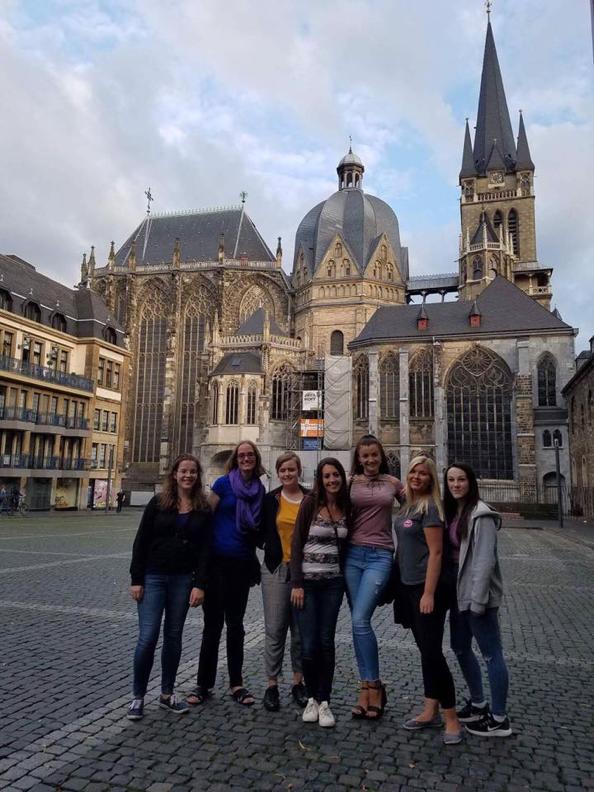
My name is Cecilia and I’m a second year modern languages student, studying Spanish and Catalan. I studied Spanish throughout secondary school but really discovered my appreciation and love of the language and culture while exploring different areas of the country. I travelled to Spain a lot with my family when I was younger and have friends and family living there, so I have visited many areas of the country, including Madrid, Seville, Toledo, Costa Blanca, Barcelona, Cadíz, Salamanca and also Tenerife. I am very lucky to have been able to see all these different areas of the country with their distinct cultures and varieties in language and this has really helped in developing my curiosity in finding out about why and how the country has formed in such a way, and developing my understanding of the language which I believe is a very important tool in this
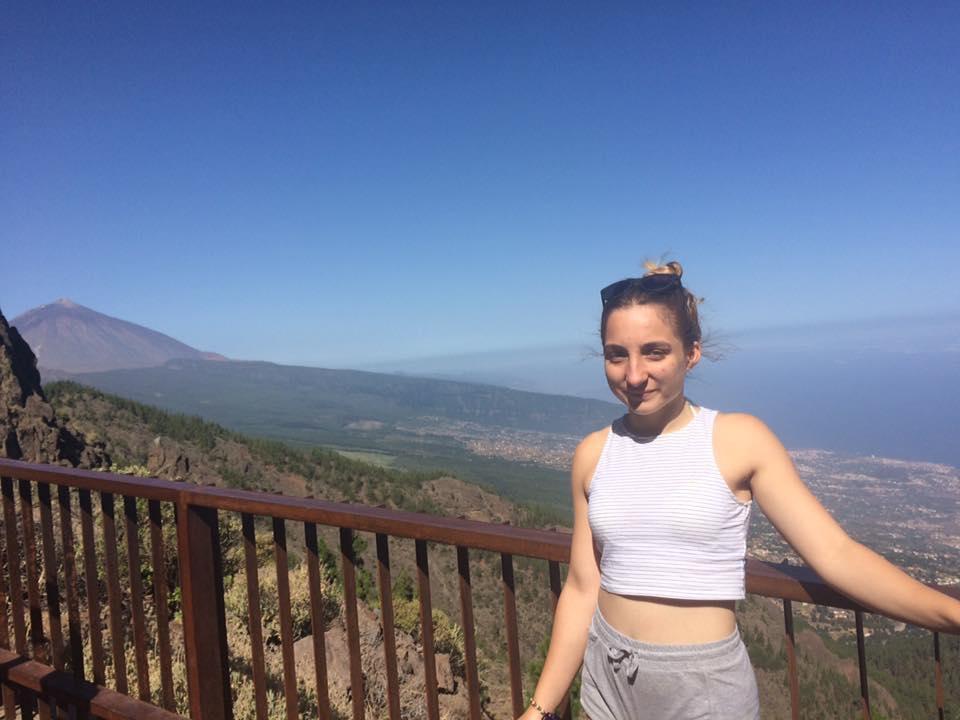
Catalunya: one to a small village where all the locals were chatting in their language from which I could pick out words but couldn’t quite understand, and the other to the Costa Blanca, where English seemed to dominate, but the second most heard language after that was Catalan, rather than Spanish. The Catalans’ strong connection to their history, culture and language can be seen all around Catalunya.
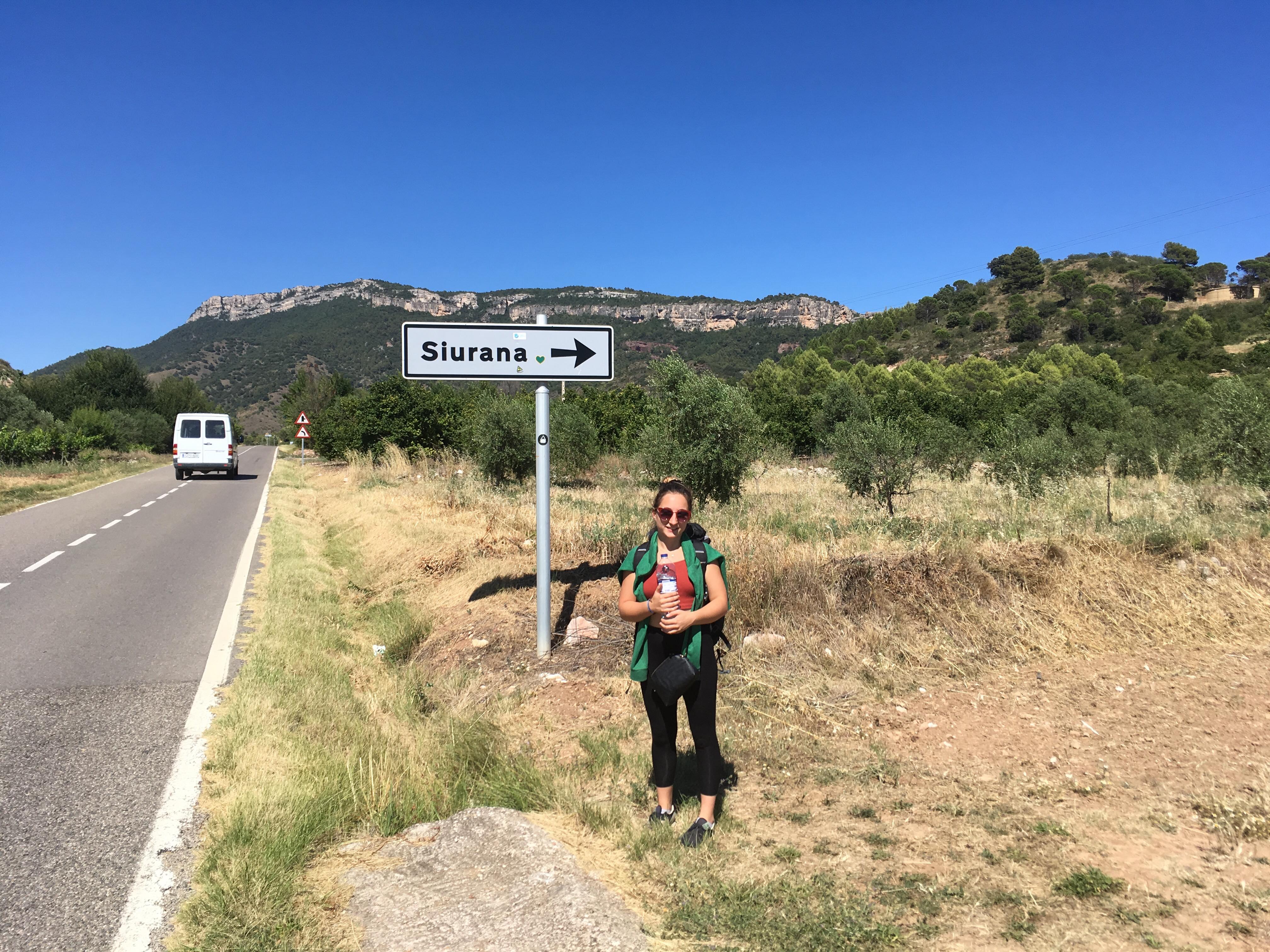
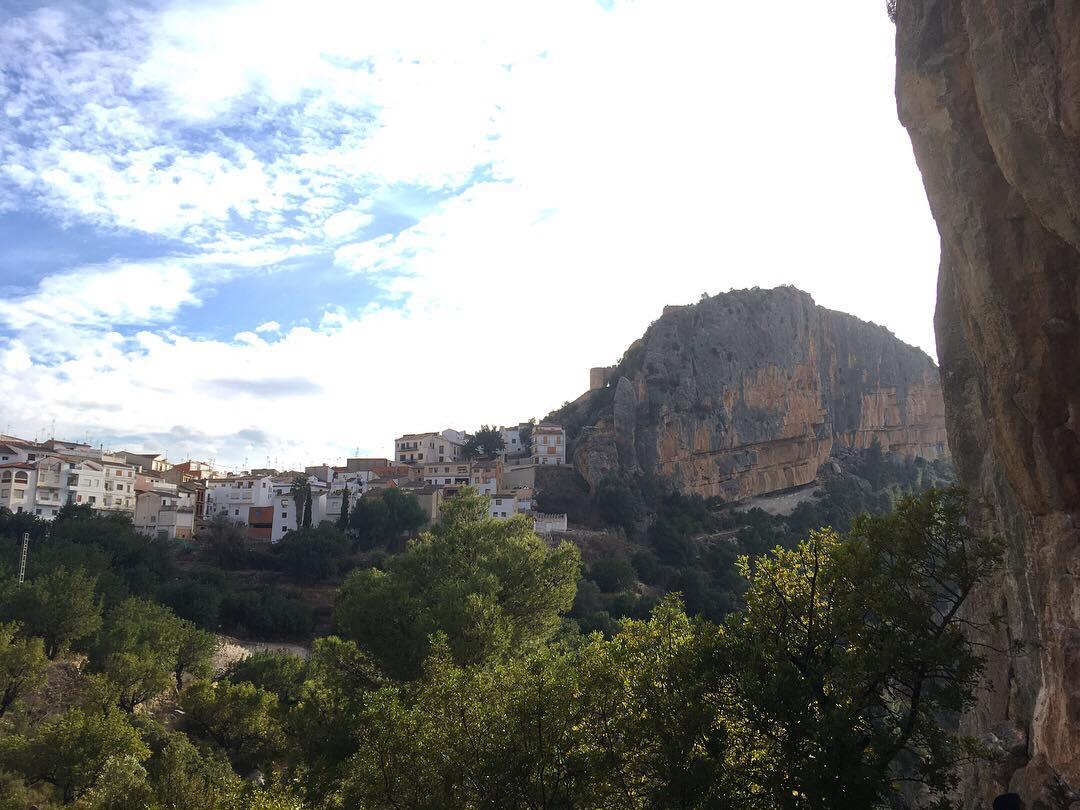
I lived and studied in Valencia for 10 weeks in my gap year and loved being immersed in the Spanish way of life, taking in as much as I could of the language, culture, food, nightlife and so much more. This gave me an opportunity to get to know more Spanish people and practice my everyday Spanish, and was also a small taster for my year abroad. Furthermore, it inspired me to do a research module in my first year on the use of the Catalan language in the region
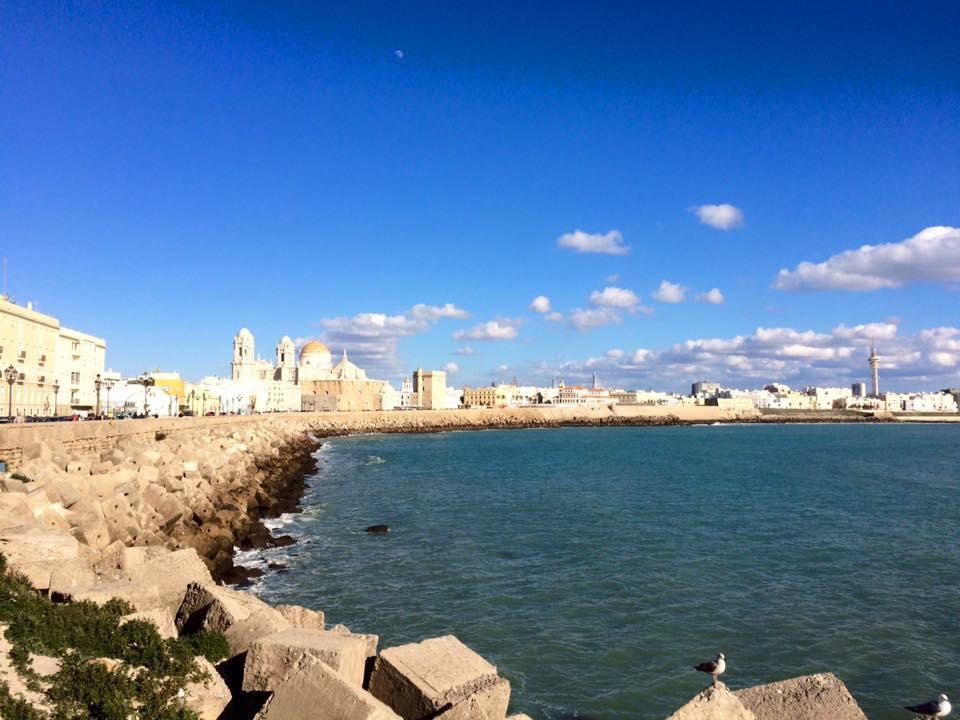
This was especially true in the period leading up to their referendum last year. The streets, houses and cafes nearly all proudly showed their “Sí!” flag, in support of independence. Having started to study the language and the region of Catalonia I can’t wait to continue learning more about it, and to share my interest with the readers of the Linguist Magazine.
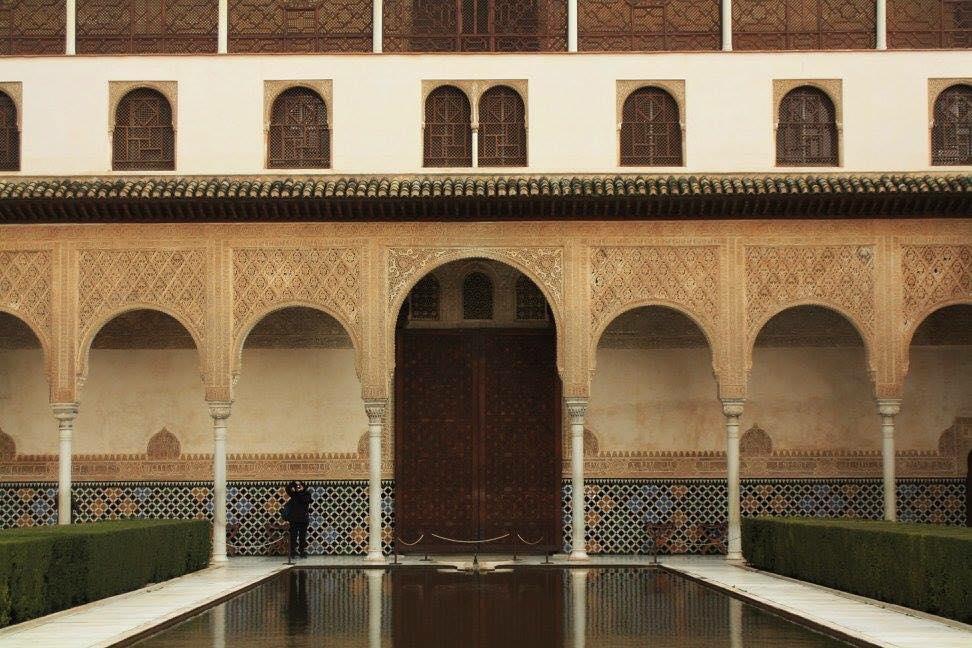
Hi everyone! I’m Rob, I’m a third year Russian and Spanish student and this year’s editor for the UoB Linguist’s Russian section. Luckily for me, I’m about to start my Year Abroad in Moscow and the Basque Country; so not only do I get the fantastic job of writing for this brilliant magazine, I get to do all of this while trotting the globe!
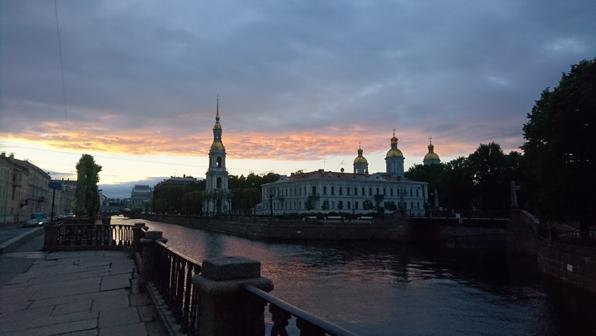

To be totally fair, I think I’ve deserved a break from the damp and cold of Birmingham, and after contending with the convoluted, Kafkaesque nightmare of applying for a Russian visa, I’ll be damned if I don’t squeeze every drop of enjoyment out of my four months in Moscow. Luckily, if my experiences in St. Petersburg last year are anything to go by, a whole semester in this fascinating, contradictory country is bound to have a lot to offer. One of the great things about beginners’ Russian student at UoB is that first years get a full month in the real Venice of the North (no offence, Brum) right in the middle of the stunning Белые Ночи , or White Nights. St Petersburg, being so much closer to the Arctic Circle, has summers where the days are so long the sun barely sets for more than two or three hours at a time. This certainly led to some interesting, if disorienting, experiences –staying out on the famous Rubinshteina street (or the slightly rougher-round-the-edges Dumskaya ulitsa) while the sky stays bright pink until 1am is truly spectacular. Being woken up by broad daylight at 3am, however, can be somewhat less pleasant, a

predicament not helped by the fact that a typical night out with our Russian companions involved consuming copious amounts of cheap vodka and apple juice by a canal until the first metro at 5:30am. Side note to any Russianists planning on doing this: don’t. The police will likely approach you asking for a bribe, as drinking in public, it turns out, is illegal –dealing with the милиция is daunting at the best of times, let alone when tired and inebriated.
An unintended consequence of this severe strain on your circadian rhythm is a tendency to oversleep, a lesson I had to learn the hard way, when my group had planned a day trip to the grand palace of Peterhof to the west of the city. To my chagrin, I only woke up in the middle of the afternoon, hours after the others had caught their train and arrived. I immediately rushed out of my hosts’ apartment and at the docks and caught a speedboat, of all things. Unfortunately, although I arrived in style, I was also fashionably late – I managed to enjoy the majestic gardens and imperial splendour of the Russian Versailles for a full ten minutes before having to get the train back with my friends, who after a whole afternoon were thoroughly bored of it. Needless to say, I have remained the butt of their jokes ever since. In short, my experience of Russia so far has been of great excitement, frustration and, inevitably, drinking. A whole semester awaits!
But don’t think this means I’m going to slack off! Far from it; this year, my aim is to encourage every one of you to contribute to this section with your work on Russian culture, and to provide my own take, hopefully providing you with new and challenging perspectives on this endlessly fascinating and ever more important country.
If you have an idea for a piece, please get in contact with me at RCM600@student.bham.ac.uk – I look forward to hearing from you!
Saudade. A word that truly embodies the Portuguese melancholic, lamenting culture, yet, until my time in Coimbra came to an end, I never truly understood the feeling of saudade.
Saudade is untranslatable in English but is a characteristic of the Portuguese and Brazilian temperament that expresses a deep nostalgia for something absent.
For me, it is the nostalgia for my newfound friends, my way of life, my adventures and experiences and, most of all, my love of Coimbra.
In all honesty, I was a little disappointed upon discovering Coimbra was to be my first destination of my year abroad and the location of my Portuguese study for the year after originally selecting what I considered to be the exciting, lively and youthful capital of Lisbon as my first choice when submitting my preferences to the University in second year. However, after five months in the historic city I wouldn't change my experience for the world and estou com saudades.
If “Coimbra is a lesson”, as the famous fado song claims, then it can teach the rest of the world how to harmoniously blend historic tradition with the modernity of the 21st century.


As I soon discovered, I was extremely lucky to have the opportunity to study at the Portuguese landmark that is the Universidade de Coimbra. The iconic university was founded by King Denis in 1290, making it one of the oldest and most prestigious schools of higher education in Europe, yet almost nine centuries later, its historic traditions are still being kept alive by its vibrant student body. One of the most captivating points of life in Coimbra is the incredible coexistence of history and student life coming at you from all angles. During the day you could be hiking up the steep, sloping, cobbled streets past the Se Velha, the rumoured resting place of Dom Alfonso Henriques, on your way to a history
cathedral with a sangria in hand. Or, you could be waltzing down the Escadas Monumentais as you balk at the Portuguese first years beginning some intriguing, yet bizarre, initiation ritual. However, upon seeing the older students of the Républicas dressed in their black capes you suddenly feel you’ve been transported to J. K. Rowling’s magical world of Hogwarts.
Furthermore, after class you could stumble across a member of a Républica in one of the many bars of Praça da Républica and let them educate you on the numerous traditions of the famous establishments of the university or listen to them wax lyrical on their passion for the Coimbra way of life whilst sipping a fino.
I couldn't tell you the exact moment my love of Coimbra began but I am certain the accumulation of my experiences amongst the old cobbled streets, my ever growing knowledge and appreciation of my new home, the many nights spent in the thriving social hub of bars and, most importantly, the development of lifelong friendships spanning across the entirety of the globe is most definitely the foundation. For me, Coimbra is no longer just any other city in Portugal, rather it is the place that offered me the dual education on the Portugal of old and new, without which my eternal love for the Portuguese language, people and culture would never have blossomed.
The UoB Linguist Magazine is a free student-run magazine for language learners and culture vultures at the University of Birmingham. Available online and in print, it’ll keep you updated with world affairs, culture, style and all things international. Any student of the University of Birmingham can contribute to the publication and best of all, by joining us you can practice your language skills!
Anyone with an enthusiasm for international culture can write for us in the English-language sections:
Current
Travel Culture
Food & Drink
And if you know another language, you can brush up your skills by writing for the foreign language sections:
French
Spanish
German
Italian
Catalan
Russian
Chinese
Portuguese
… Or if you speak a different language, why not set up a new section?
Website: www.theuoblinguist.co.uk
Facebook: www.facebook.com/ TheUoBLinguistMagazine
Twitter: @UoBLinguist_Mag
Instagram: @UOBLINGUISTMAGAZINE
E-mail: linguist@guild.bham.ac.uk
Information adapted from: https://www.guildofstudents.com/ studentgroups/societies/linguist/
Words to look for:
Word Search by Fiona Milena Kozlowska